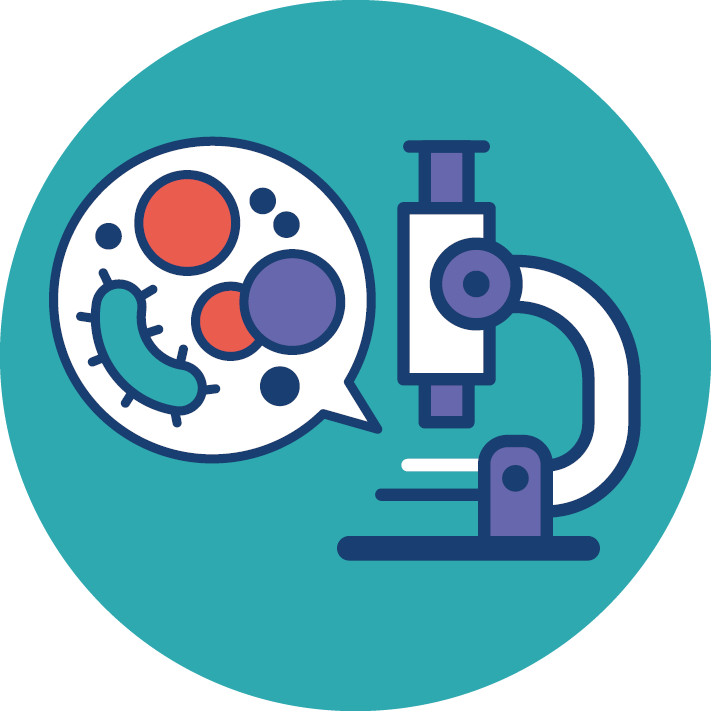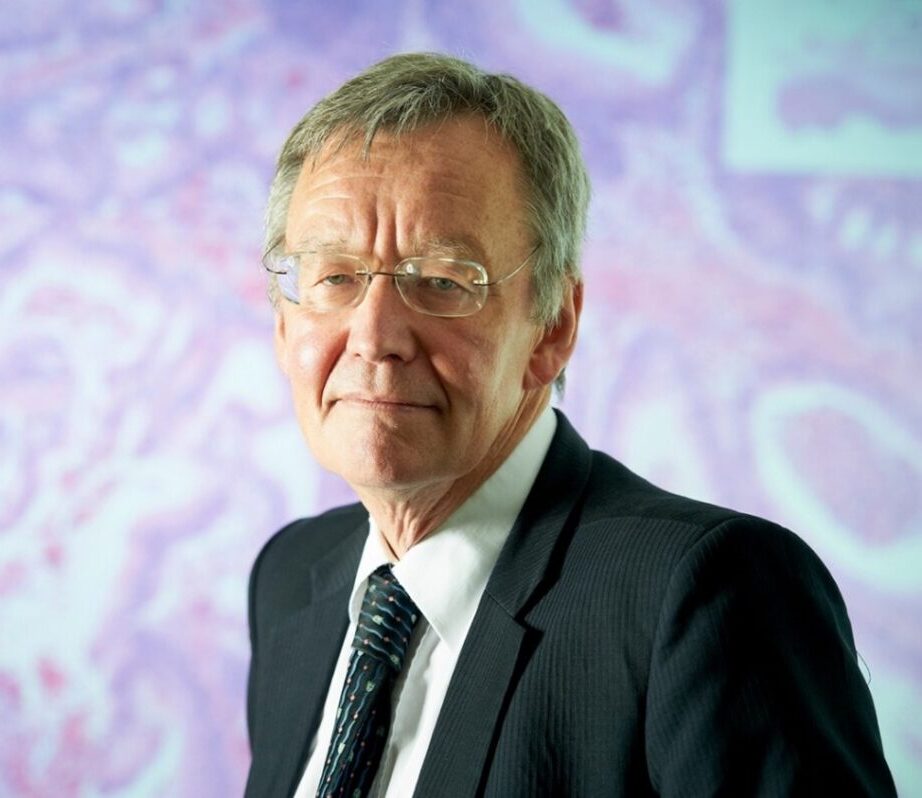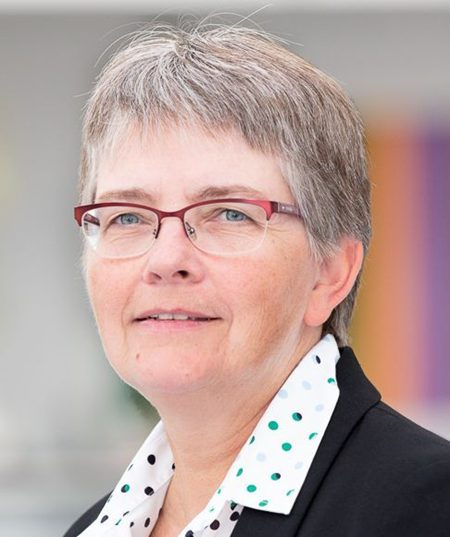
Our vision is to create a world where no person will die from bowel cancer, and to significantly improve survival in other GI cancers.
Overview
The Pathology Theme’s focus is research to improve detection and treatment of Gastrointestinal (GI) cancer.
In the UK every year thousands of people are diagnosed with GI cancers:
- 42,317 bowel cancer
- 9,200 oesophageal cancer
- 6,595 gastric cancer
Using the latest scientific technology and learning, the theme’s target is to create new research, management and treatment paths. This will both improve patients’ lives and help us develop new diagnostic tools. GI Cancer also currently costs £2.6B (UK 2018). Our research aims to reduce NHS costs, create opportunities for commercial development and help train the next generation of pathologists.
WS1: Pathology driven innovations improving bowel cancer screening
WS2: Apply digital pathology AI solutions to GI cancer

Lead: Professor Phillip Quirke
Bowel cancer detection is crucial to early diagnosis and intervention.
Using the latest research and tools we aim to bring earlier detection of disease and improve the identification of cancer carriers.
This involves bringing to bear new knowledge on the microbiome (bacteria that live in the bowel and elsewhere), and the harmful toxins they produce.
Through routine data on risk and other techniques such as circulating DNA it will enable us to identify such individuals and treat them more effectively.
This workstream will used the latest methods in screening, including Faecal Immunochemical Testing (quantitative FIT) and harnessing of big data analysis.

Lead: Professor Heike Grabsch
The need to enhance personalised patient care in Gl cancer is undertaken through our workstream’s research in digital pathology.
By developing AI algorithms to create new tests, we can predict how a patient will respond to treatment so we can create reliable therapies for each individual.
This not only offers the possibility for increasing bespoke patient care and reducing NHS costs, but also gives scope to create cutting-edge solutions for under-served populations.
Through data we can create treatments that better represent ethnically diverse deprived populations, generating bedside-to-bench solutions.
This will enable us to improve care management of patients worldwide and deliver huge benefits to the NHS.
